Dhaka, June 24 (V7N) – In a surprising turn, the Government of Bangladesh borrowed Tk 12.6 billion (1,260 crore) from national savings instruments in April, reversing a trend of consistent decline over the past several months. Data from the Department of National Savings reveals that despite this increase, the net borrowing from savings tools during the first 10 months of the current fiscal year (July–April) still shows an overall negative balance of Tk 74.31 billion.
Officials and analysts attribute the prolonged decline in borrowing from savings schemes to persistently high inflation over the past three years, which has significantly reduced people’s ability to save. Compounding the situation, a liquidity crunch in the banking sector since 2022 has driven up interest rates on bank deposits, treasury bills, and bonds. Treasury instruments are currently offering returns close to 12 percent, without any cap on investment amounts or tax deductions on returns. In contrast, savings certificates deduct between 5 and 10 percent in taxes on interest earnings, making them comparatively less attractive.
Experts suggest that the sudden rise in April may be due in part to a reduced payout burden on interest payments during that month. They also caution against reading too much into a single month's reversal, noting that structural factors behind the decline remain largely unchanged.
Each year, the government sets borrowing targets from both domestic and external sources to bridge the fiscal deficit. For the upcoming 2025–26 fiscal year, the government has set a target of Tk 125 billion (12,500 crore) in borrowing from savings instruments. In the current fiscal year’s original budget, the target was Tk 154 billion, which was later revised down to Tk 140 billion. Despite net negative borrowing, the government maintained this projection in the revised budget to align with broader fiscal calculations.
This declining trend in net borrowing from savings tools is not limited to the current year. The government’s net borrowing through savings instruments fell by Tk 211.24 billion in the 2022–23 fiscal year and by Tk 32.96 billion the year before. The last time the government saw a positive borrowing balance was in the 2021–22 fiscal year, when it raised Tk 199.16 billion through savings schemes. As of April 2025, the government’s total outstanding debt from savings instruments stands at Tk 3.39 trillion (Tk 3,38,838 crore).
At the same time, revenue collection continues to underperform. As of April, total revenue stood at Tk 2.89 trillion, representing only a 3.96 percent increase compared to the same period last fiscal year—far short of the target set for FY2024–25. Inflows of foreign aid and external loans have also declined, prompting the government to increasingly depend on domestic borrowing, particularly from the banking system, although current borrowing remains below target.
The government has proposed a trimmed-down national budget of Tk 7.9 trillion (Tk 7,90,000 crore) for the next fiscal year, with an estimated overall deficit of Tk 2.26 trillion. Of this, Tk 960 billion is expected to come from external sources, while Tk 1.25 trillion is to be borrowed domestically—including Tk 1.04 trillion from the banking sector. This contrasts with the current fiscal year’s original banking sector borrowing target of Tk 1.375 trillion, which was later revised down to Tk 990 billion. As of May 21, 2025, the government has borrowed Tk 600 billion from the banking system.
Government officials note that the previous administration left behind total public debt of Tk 18 trillion, both domestic and foreign. A significant portion of government expenditure is now being used to service that debt. Operational costs are also rising annually, yet revenue collection has not kept pace. Given this scenario, the government is placing greater emphasis on securing low-interest foreign loans. It expects to receive approximately $4 billion in June from international development partners, including the IMF, World Bank, and ADB—funds that are expected to bolster Bangladesh’s foreign exchange reserves.
END/SMA/AJ/



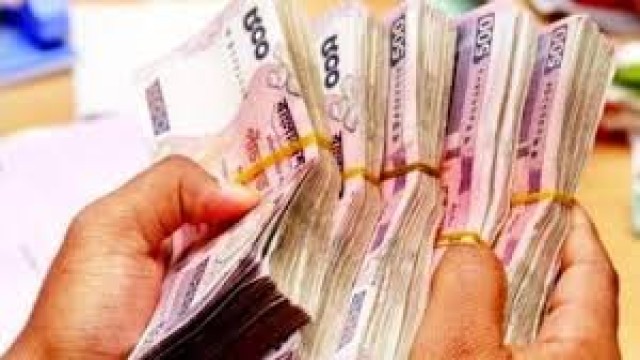
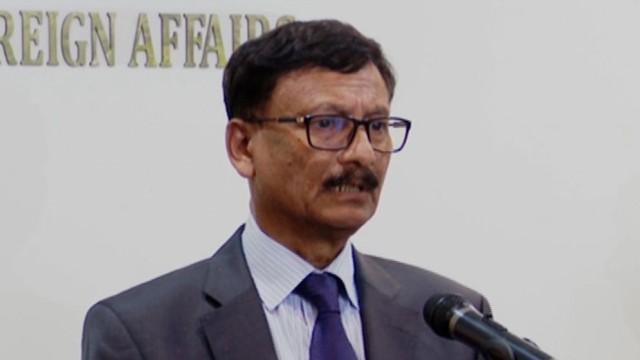
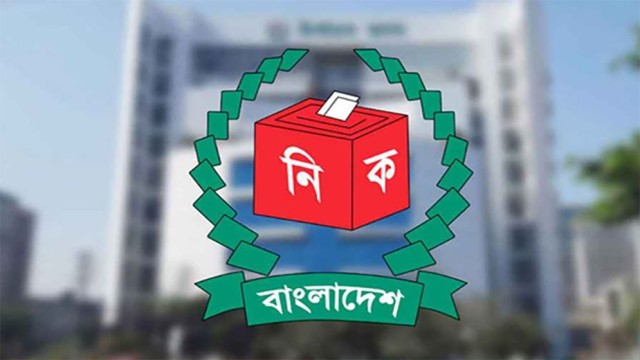

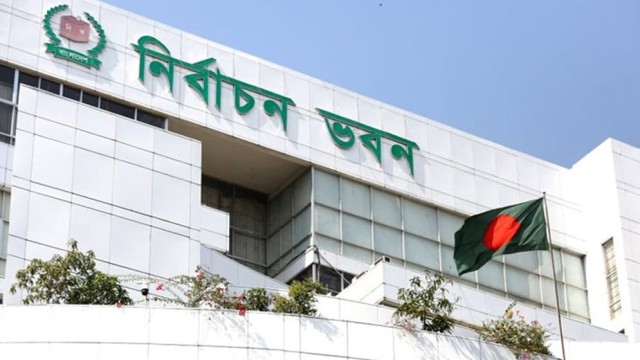
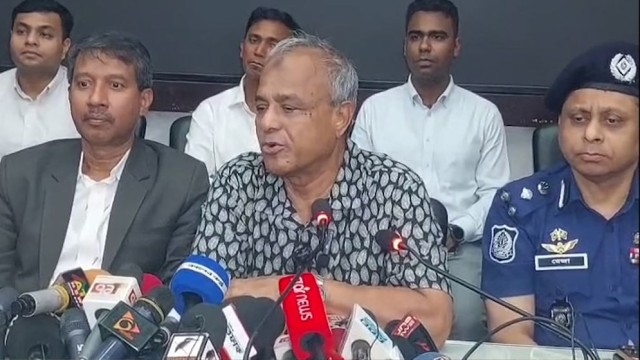
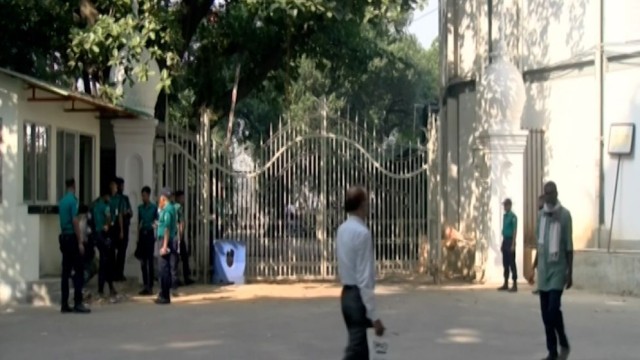


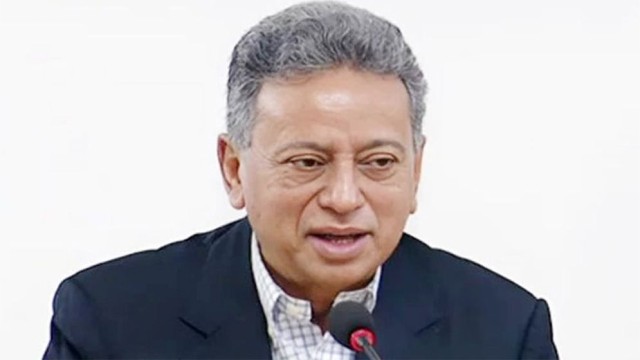
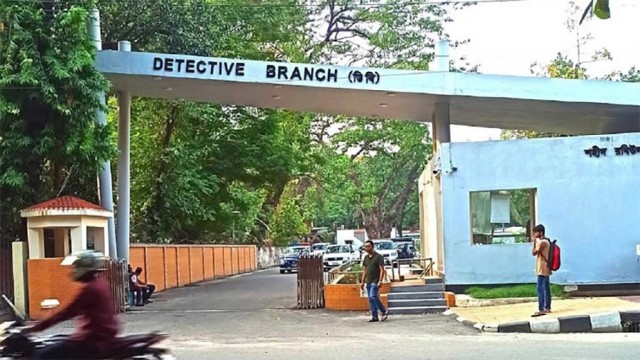
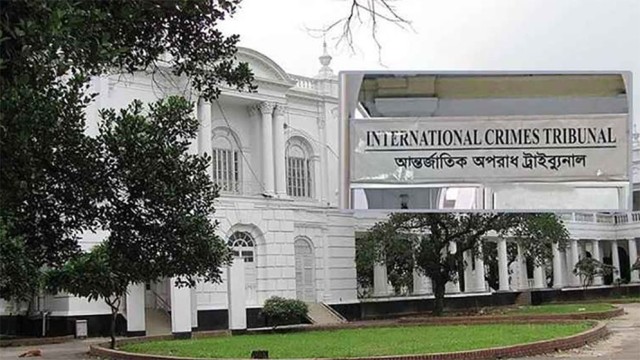

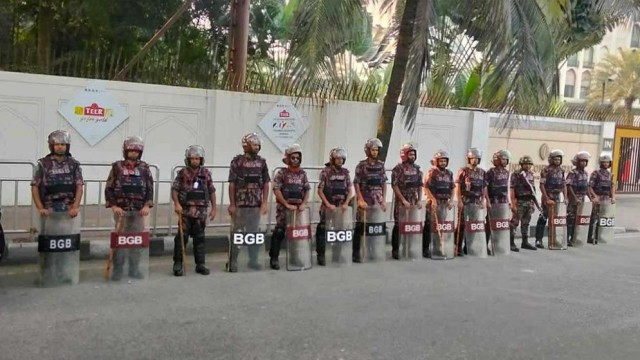
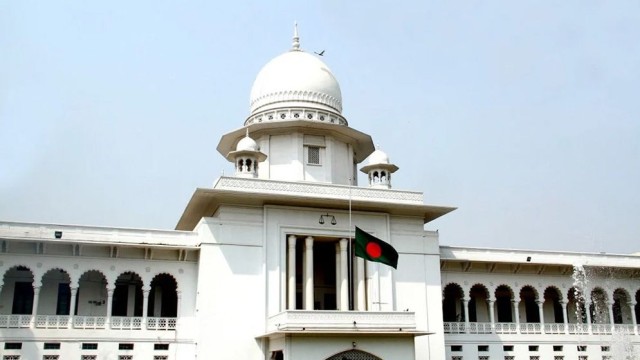




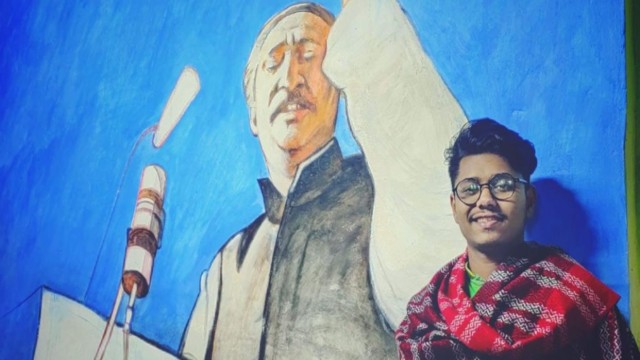







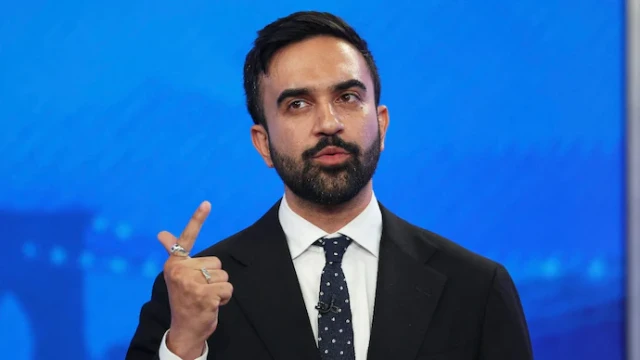
Comment: